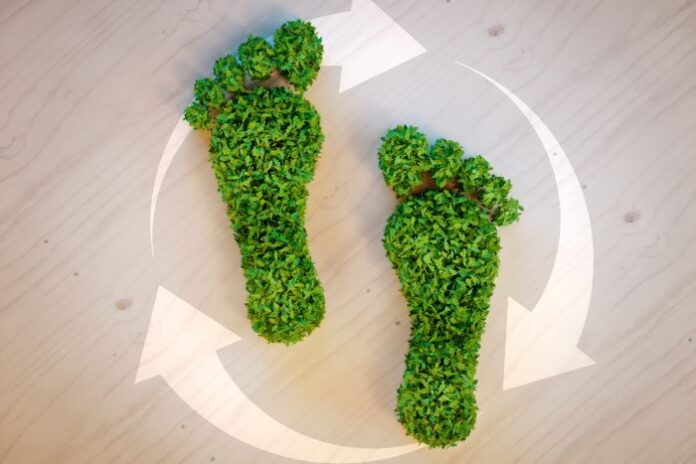The footwear industry has been under scrutiny for its impact on the environment and the people who produce the shoes. According to the “2021 Pulse of the Fashion Industry Report” by the Boston Consulting Group report, the global footwear industry is responsible for approximately 700 million metric tons of greenhouse gas emissions annually, representing around 2% of the total global emissions. As consumers become more conscious of their impact on the planet, sustainability in the footwear industry has become a pressing concern. In this article, we will explore the challenges the footwear industry faces in becoming more sustainable, and the steps brands can take to mitigate its impact on the environment – in this footwear revolution.
Waste in Footwear
One of the biggest challenges the footwear industry faces is the significant amount of waste generated in the production process. From the raw materials to the packaging, the industry is responsible for a considerable amount of waste—and the materials used in the production process can have a detrimental impact on the environment. But there’s a material which dates back to more than 10,000 years and is the ideal material for sustainable footwear production due to its unique properties.
Wool is a naturally occurring fiber which is breathable, water-resistant, and durable. It also has natural insulating properties, making it an ideal material for shoes worn in cold climates. Unlike synthetic materials, wool is biodegradable, which means it will not accumulate in landfills or contribute to the pollution of our oceans. Additionally, wool is a renewable resource, with sheep being shorn annually without causing any harm to the animal when done responsibly.
Sustainability in Wool
Wool’s sustainability credentials extend beyond its properties. The production of wool requires minimal energy, water, and other resources, making it an eco-friendly material. Furthermore, wool can be produced using sustainable farming practices, such as regenerative agriculture. Regenerative agriculture is a holistic approach to farming that focuses on building healthy soil, improving biodiversity, and reducing greenhouse gas emissions. This is another amazing reason we all need to support the footwear revolution.
In addition to using sustainable materials, the footwear industry can reduce its environmental impact by leveraging renewable energy sources. Many manufacturers are turning to solar, wind, or hydropower to power factories and reduce the reliance on non-renewable energy sources.
While sustainability in the footwear industry has focused on the environment, it is essential to remember the impact of the industry on its workers. The industry has a history of exploitation, with many workers being paid low wages and working in unsafe and hazardous conditions. To address these issues, some companies are implementing fair labor practices and ensuring that workers are paid a fair wage and provided with safe working conditions. Baabuk employees in Nepal, for example, earn 25% higher salaries than the national average rate, and, in parts of the world where men have more job opportunities, Baabuk is reversing this trend by employing more women than men (14 women and three men) in Baabuk’s workshop in Nepal.
Innovate in the Footwear Revolution
The adoption of sustainable materials and production methods has a direct impact on workers. Using sustainable materials such as wool requires a rigorous certification process that ensures the farmers and workers involved in the production of wool are treated fairly. Additionally, adopting renewable energy sources can create new jobs and support local communities. Fair labor practices, such as paying a living wage and employing women, can help workers achieve economic stability and improve their overall quality of life. By continuing to innovate and implement sustainable practices, the footwear industry can reduce its impact on the planet and create a more equitable and sustainable future for all. Join us in the footwear revolution!
















